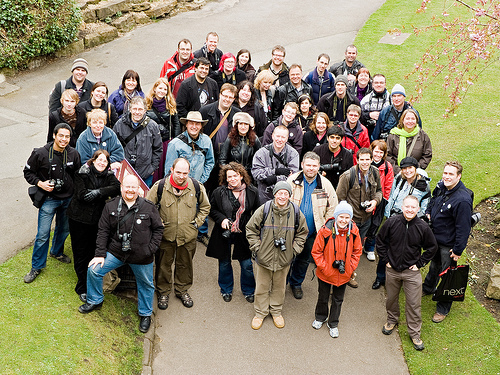Belonging
Belonging means acceptance as a member or part. Such a simple word for huge concept. A sense of belonging is a human need, just like the need for food and shelter. Feeling that you belong is most important in seeing value in life and in coping with intensely painful emotions. Some find belonging in a church, some with friends, some with family, some on Twitter or other social media. Some see themselves as connected only to one or two people. Others believe and feel a connection to all people the world over, to humanity. Some struggle to find a sense of belonging.
Some seek belonging through excluding others. Yet a single instance of being excluded can undermine self-control and well being. A sense of belonging to a greater community improves your motivation, health, and happiness. When you see your connection to others, you know that all people struggle and have difficult times. You are not alone.
Building a Sense of Belonging
To build a sense of belonging requires active effort and practice. Look for ways you are similar instead of focusing on ways you are different. Someone is much older than you? Maybe they have wonderful stories to tell. Maybe you can contribute to their lives with your youthful strength. Someone has a different believe system that you? Sharing your differences and still accepting the person creates peace. Acceptance does not mean agreement.
Communicate acceptance through validation. Validation builds a sense of belonging and strengthens relationships.
Say yes to opportunities to be with others and then throw yourself in to whatever the activity is. Let go of your judgments. Judgments build walls. Focus on people. At a dinner and nnoyed because you don’t like the food? The food is not the goal. Connecting with others is far more important than the food or the noise in the restaurant. Gained weight and don’t want others to see? Stop isolating until you believe you are worthy. No one is perfect. Others have their struggles with their health too.
If you are emotionally sensitive, remember that in general people suffer the same emotional pain you suffer just not as intensely most of the time or as quickly. Also, there are many other emotionally sensitive people who struggle as you do. You are not alone.
How do you give a sense of belonging? Watch your words and your way of thinking. Some words create separateness and others promote togetherness. Other people don’t need “fixing.” They have strengths and offer their own unique contributions. Think community and acceptance. Validate yourself. Validate others.
Attributional Retrainng
Dr. Gregory Walton developed a belonging intervention he called Attributional Retraining. Through this intervention, people shift from blaming themselves for painful experiences, such as “I’m flawed,” or “It’s just me,” to seeing that they weren’t alone and that other people had experienced the same situations.
The technique is brief. It involves you seeing yourself as an expert on what you have experienced and writing about that experience to help someone else. Here is a video on how the techniques works for college students. The key is to write suggestions for other people on how to cope with something you have experienced.
If you are not a college student, the issues in the video may not seem relevant. But consider how you would use the technique. For example, what two points would you offer to others about coping with intense emotions or rejection sensitivity? Your experiences can make a difference for others who also have intense emotions. Write your ideas down. I’d love to see them.
Karyn Hall
Photo Credit: cc Craig Marston via Compfight




